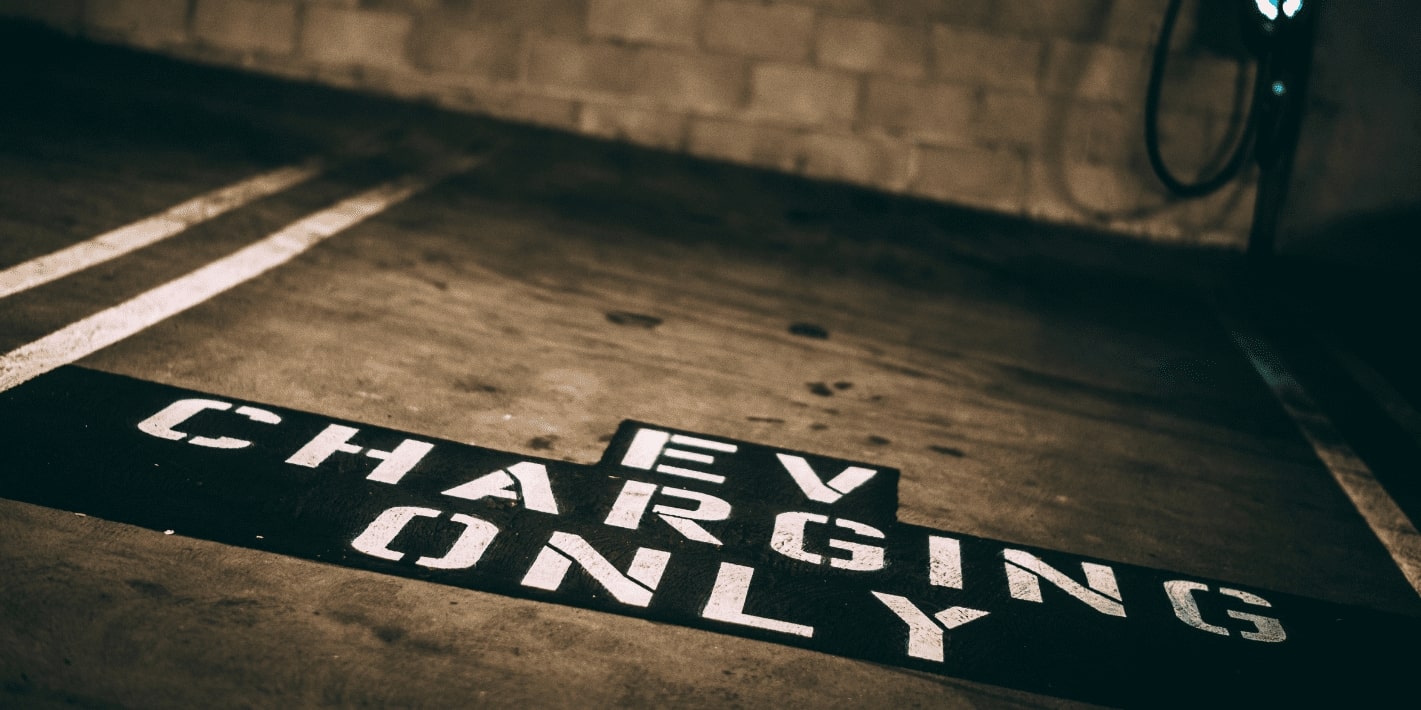There are very few things that I do not love about venture capital but taking a founder through due diligence is one of them. I have written about the importance of due diligence in the past and a best-case scenario, due diligence should not take more than 30 days to complete. But realistically it takes any where between 90 to 180+ days. The delay is due to minor oversights made by the founder that pile up over a 12-18-month period but majorly it is their overall lack of preparedness for due diligence that delays the due diligence.
The unpreparedness of founders for due diligence is baffling to me. It should be advertised that successfully completing due diligence is more important than the fundraising itself! Because if a start-up loses an investment offer even after advance negotiations, they can recover from that but if they lose an investment offer during due diligence – it is the death knell for them!
This about it – who would want to invest in a company that has failed due diligence with another investor?
Therefore, I stress the importance of “preparing” one’s start-up for due diligence even before beginning the fundraise. Over the last 12 months, I have specifically told each of the founders that raised or attempted to raise money from Artha Venture Fund – to be prepared for all types of DD if they want to see our money in the bank account as soon as possible.
For the uninitiated there will be several levels of due diligence like:
- Financial DD – that is carried out by an accounting or audit firm to verify that: –
– All transactions and its bookkeeping have been done as per standard accounting norms
– The traction numbers provided by the company are accurate
– The financial model can be compared to the numbers in the books of accounts. - Legal & Compliance DD – that is carried out by a legal firm working in conjunction with a company secretary to verify that: –
– The company has made all their necessary filings (monthly, quarterly and annually)
– The commercial relationships that the company has entered have been captured in a proper legal contract that protects the company’s interests
– All employees and independent contractors have signed contracts for the employment or services with the company – including the founders
– All registrations, licenses, and permits that are required to operate the business have been procured and are current - Valuation – this is something unique to the Indian ecosystem and this usually carried out by a merchant banker to:-
– Review the financial model for the company and its future projections
– Deduce a valuation based on the above information - Internal DD – this differs from investor to investor but in our case we: –
– Speak to former employers, associates, references and even your school to get a background on the founder
– Speak to current or former employees, contractors, advisors, industry experts, suppliers and customers of the -company to get their perspective on the company, the founder and the internal working
– Conduct mystery shopping campaigns to verify/validate that the product/service is of the quality or efficiency that is being promised
– Conduct on the spot checks on the company and its operations
Unfortunately, DD isn’t something that can be wished away by an investor in a sound frame of mind therefore founders would be better prepared if they would just prepare themselves for due diligence. So, if you are someone that is looking at raising money from us here is our standard due diligence checklist – be prepared for this before you send your pitch deck!
40/2019
v36.003






